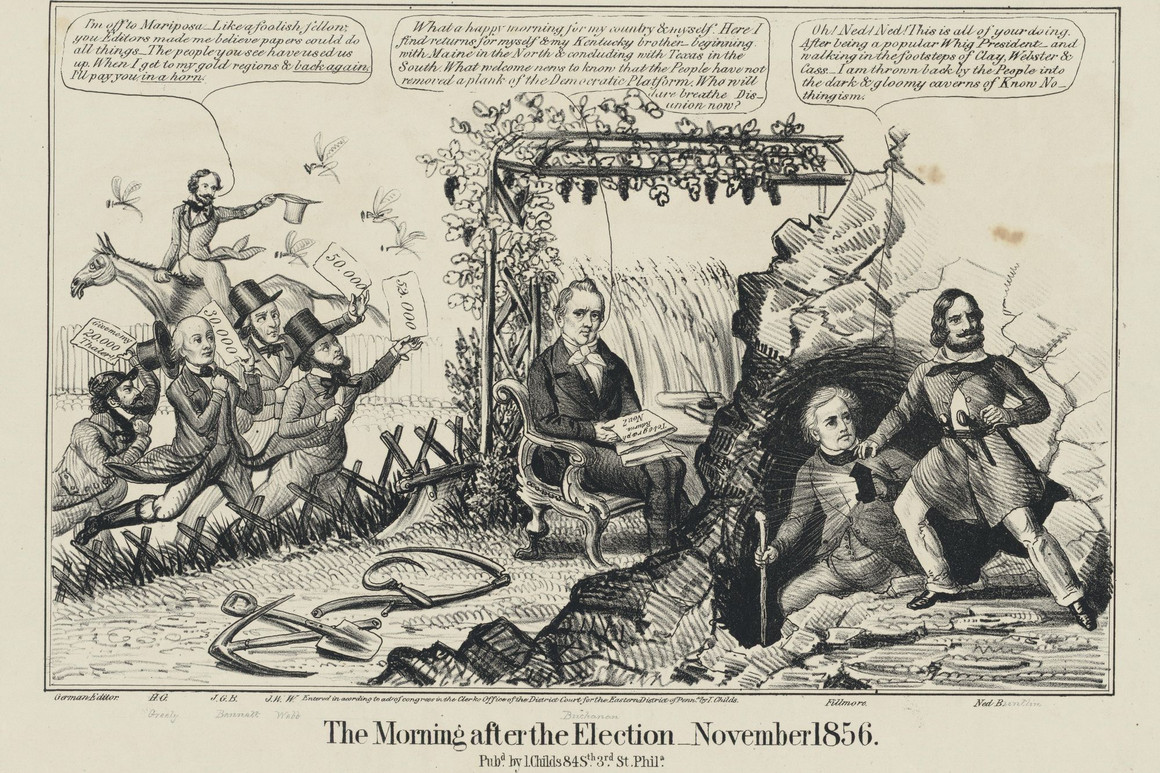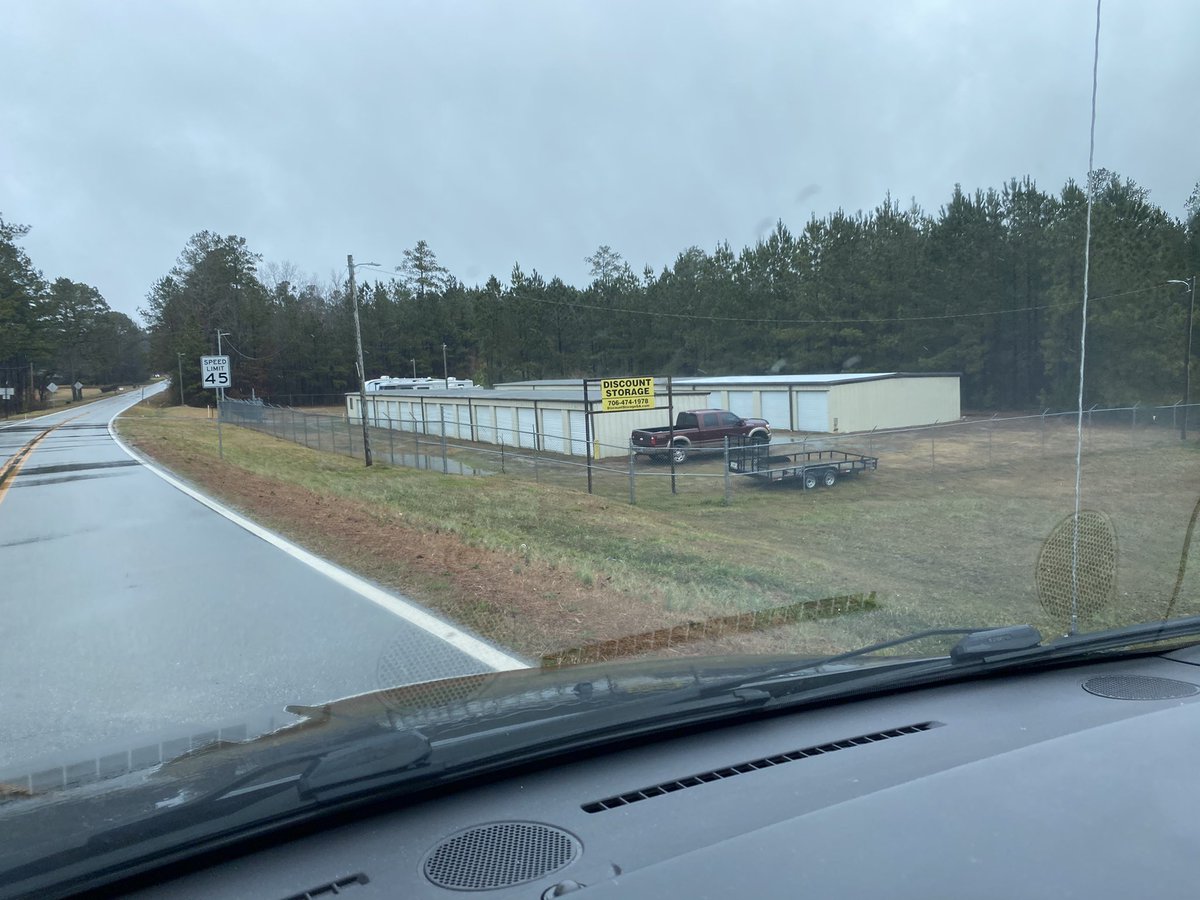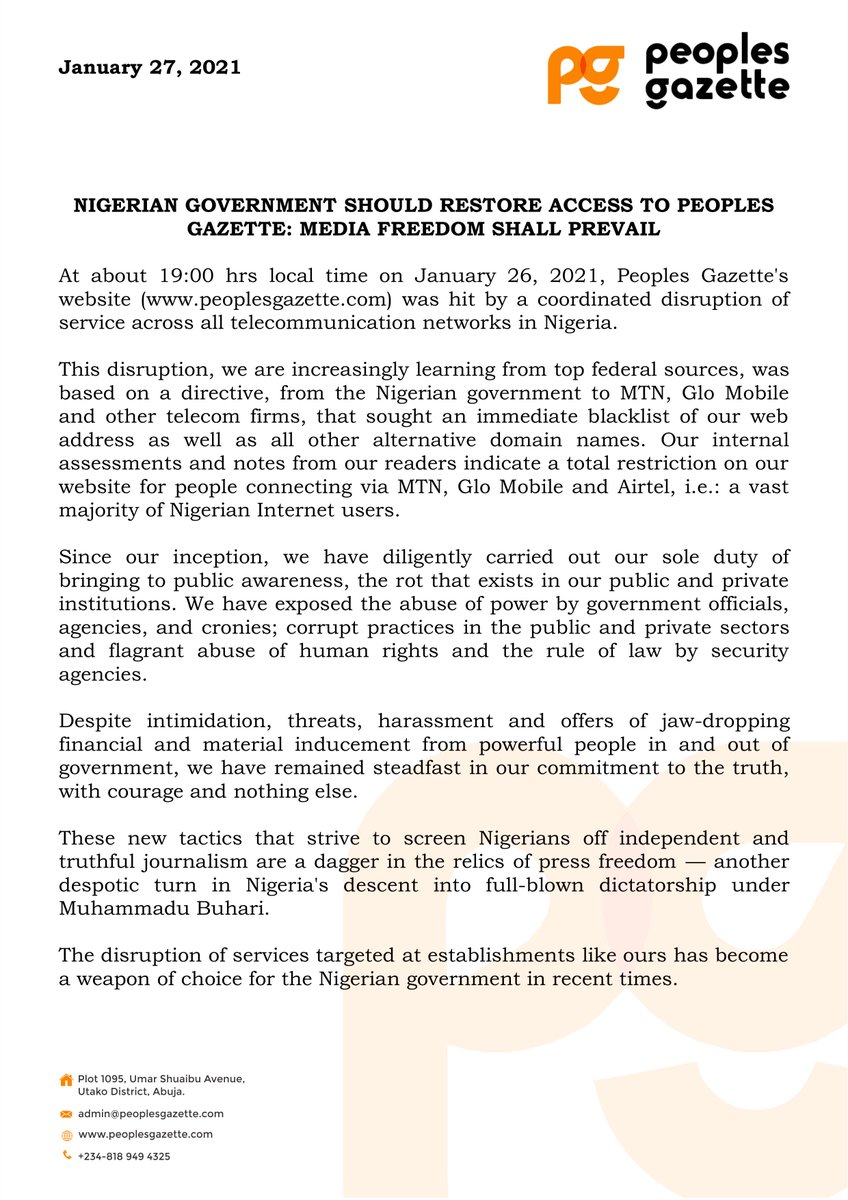2/
Republican North Dakota legislators have introduced #SB2333, a bill that prohibits large tech companies from locking their users into a single app store or payment processor.
https://t.co/PgyhgOhFAl
1/
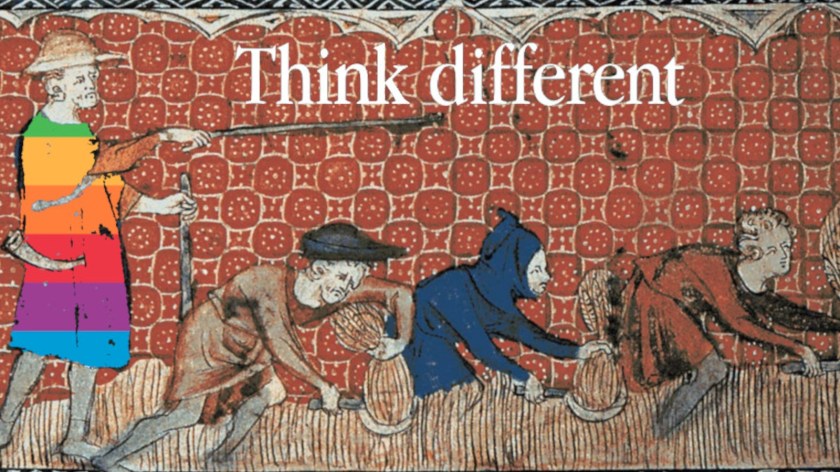
2/
https://t.co/q7laIpKMd2
3/
4/
5/
https://t.co/zRPHpsSYzd
6/
7/
8/
9/
The fact that users are held prisoner to those judgments is an invitation to states to make demands of Apple.
10/
11/
12/
13/
https://t.co/VOjxbTiNuI
14/
15/
16/
> 4. This section does not apply to a proprietor of a special-purpose digital application distribution platform.
17/
It's "a gaming console, music player, and other special-purpose devices connected to the internet."
18/
19/
20/
21/
https://t.co/pZ8Z9cThrN
eof/
More from Cory Doctorow #BLM
* being spied on all the time means that the people of the 21st century are less able to be their authentic selves;
* any data that is collected and retained will eventually breach, creating untold harms;
1/

* data-collection enables for discriminatory business practices ("digital redlining");
* the huge, tangled hairball of adtech companies siphons lots (maybe even most) of the money that should go creators and media orgs; and
2/
* anti-adblock demands browsers and devices that thwart their owners' wishes, a capability that can be exploited for even more nefarious purposes;
That's all terrible, but it's also IRONIC, since it appears that, in addition to everything else, ad-tech is a fraud, a bezzle.
3/
Bezzle was John Kenneth Galbraith's term for "the magic interval when a confidence trickster knows he has the money he has appropriated but the victim does not yet understand that he has lost it." That is, a rotten log that has yet to be turned over.
4/
Bezzles unwind slowly, then all at once. We've had some important peeks under ad-tech's rotten log, and they're increasing in both intensity and velocity. If you follow @Chronotope, you've had a front-row seat to the
The numbers are all fking fake, the metrics are bullshit, the agencies responsible for enforcing good practices are knowing bullshiters enforcing and profiting off all the fake numbers and none of the models make sense at scale of actual human users. https://t.co/sfmdrxGBNJ pic.twitter.com/thvicDEL29
— Aram Zucker-Scharff (@Chronotope) December 26, 2018
Inside: ADT insider threat; Billionaires think VR stops guillotines; Privacy Without Monopoly; and more!
Archived at: https://t.co/nu1HbReiEX
#Pluralistic
1/
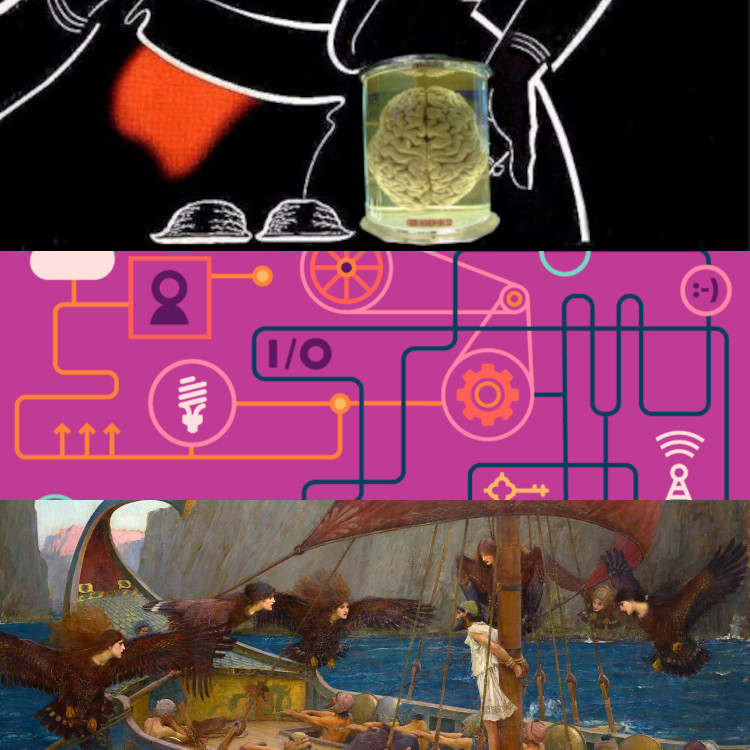
This Wednesday, I'm giving a talk called "Technology, Self-Determination, and the Future of the Future" for the Purdue University CERIAS Program:
https://t.co/po5IivZyr4
2/

ADT insider threat: If you build it they will spy.
https://t.co/kJrmtu8L3S
3/

Self-control isn't merely a matter of eliminating your own weaknesses. Self control is primarily about compensating for those weaknesses. When you go on a diet, you don't just commit yourself to eating well - you also throw away the Oreos so you won't be tempted.
— Cory Doctorow #BLM (@doctorow) February 15, 2021
1/ pic.twitter.com/BCEc7FPkut
Billionaires think VR stops guillotines: TARP with tasps.
https://t.co/MIKwvsICkr
4/
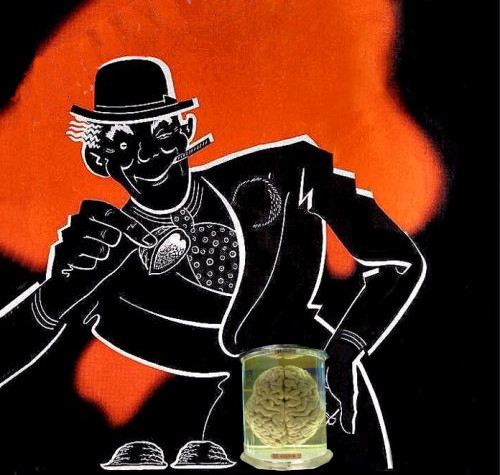
The pandemic has afforded all of us a refresher course on the five stages of grief, a theoretical and controversial framework for describing how people cope with tragedy: denial, anger, bargaining, depression and acceptance.https://t.co/nqPmjCvyab
— Cory Doctorow #BLM (@doctorow) February 15, 2021
1/ pic.twitter.com/lNk2vvhlNF
Privacy Without Monopoly: Podcasting a reading of the latest EFF whitepaper.
https://t.co/R2sl75y4rb
5/

This week on my podcast, a spoken-word version of "Privacy Without Monopoly: Data Protection and Interoperability," a major new white-paper that Bennett Cyphers and I co-authored for @EFF.https://t.co/oASlJFpz8t
— Cory Doctorow #BLM (@doctorow) February 15, 2021
1/ pic.twitter.com/UnA6fGoA6m
Inside: Mashing the Bernie meme; Know Nothings, conspiratorialism and Pastel Q; and more!
Archived at: https://t.co/cKWPSzuYHE
#Pluralistic
1/

Mashing the Bernie meme: What if every video game, except Bernie with mittens?
https://t.co/Zcs71oUras
2/

The remix culture of the early 2000s left an indelible impression on me, an enduring delight in the power of whimsy, juxtaposition, virtuosity and ingenuity - and the ability of strangers all over the world to collaborate without any explicit coordination.
— Cory Doctorow #BLM (@doctorow) January 31, 2021
1/ pic.twitter.com/hMKzmoxjLu
More from Business
LifeLog, via DARPA, terminated on Feb 4th, 2004.
Facebook was launched on Feb 4th, 2004.
Many of the LifeLog team became execs at FB.
Zuckerberg is a figurehead.
CIA allowed Cambridge to help Trump win
https://t.co/enzOXDCogV

Project: Lifelog
— Robert Horan (@Robby12692) December 13, 2018
Started by DARPA in 1999, the goal of Lifelog was to create a database on civilians without their knowledge, and track everything they do.
The project "ended" on Feb 4th, 2004.
Facebook began the exact same day.
The CIA funneled tens of millions into Facebook. pic.twitter.com/r7hwF0v9kh
Pentagon Kills LifeLog
How Volkswagen went from being on the brink of bankruptcy to the most valuable company in the world in two days
/THREAD/
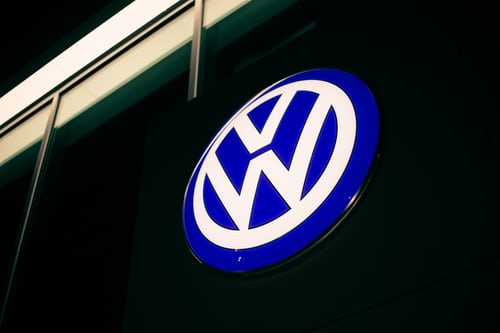
1/ At the peak of the 2008 financial crisis, Volkswagen was considered a very likely candidate for bankruptcy.
Heavily indebted and already financially struggling before 2008, with car sales expected to plummet due to the ongoing global crisis.
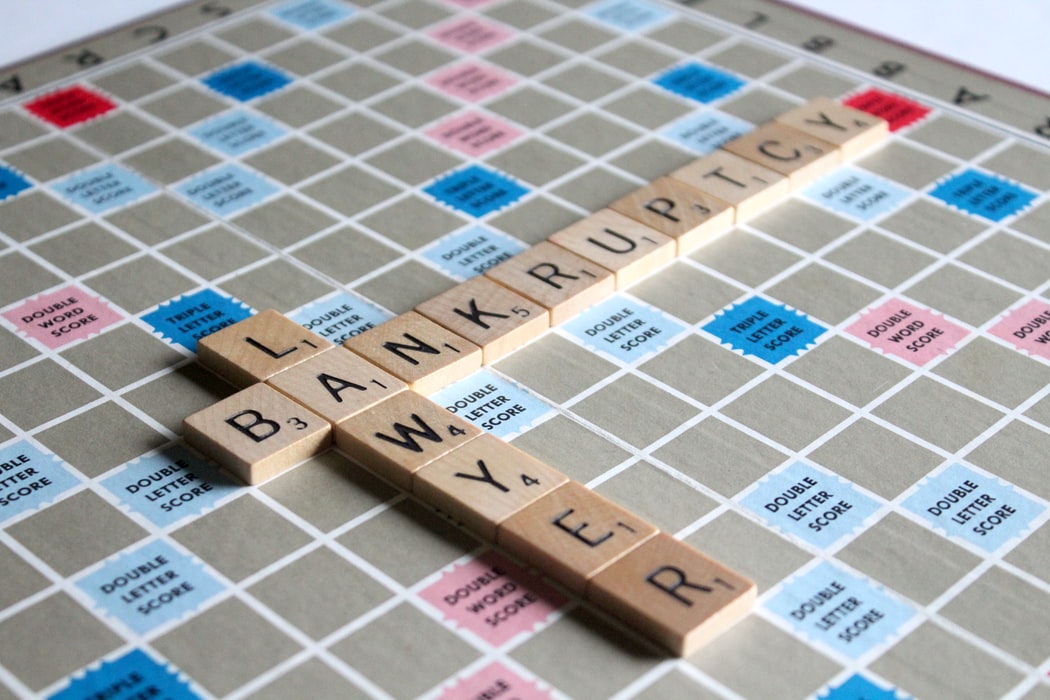
2/ With GM and Chrysler filing for bankruptcy in 2009, shorting the VW stock would seem a safe bet.
If you are not familiar with stock shorts and short squeezes check my thread
Shorts, Squeezes, and Betting Against Stocks
— Kostas on FIRE \U0001f525 (@itsKostasOnFIRE) January 27, 2021
What is short selling, how is it used and why is it risky?
/THREAD/ pic.twitter.com/PyDd208hFe
3/ On October 26, 2008, Porsche announced it had increased its stake at VW from 30% to 74%.
This was a surprise to many who were led to believe that Porsche wasn't planning a takeover of VW, based on the company's announcements.

4/ Before the announcement, the short interest was approximately 13% of the outstanding shares, a number considered relatively low.
Porsche had a 30% stake, the Lower Saxony government fund held 20% of the shares, and another 5% was held by index funds.
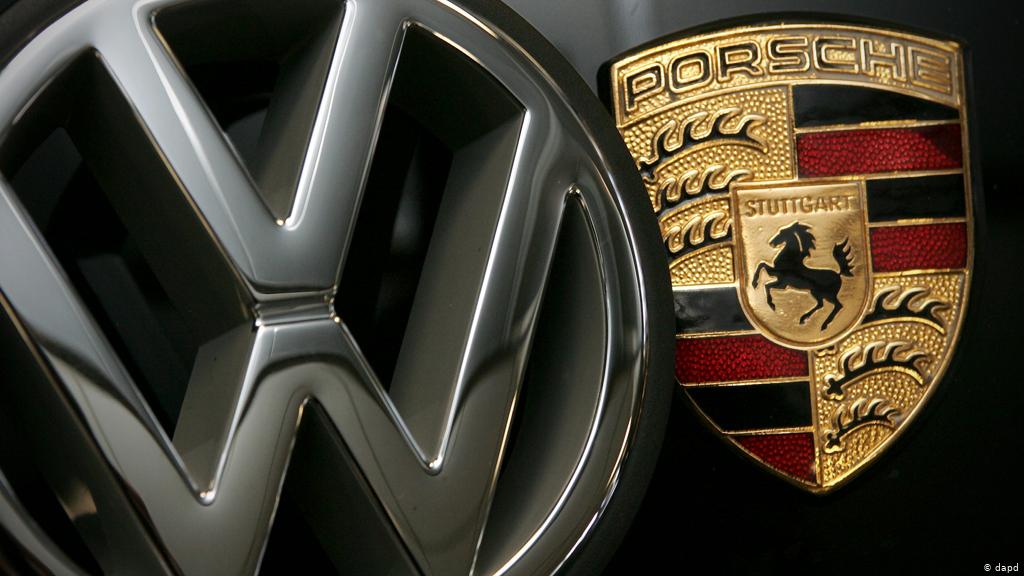
You May Also Like
A thread 👇
https://t.co/xj4js6shhy
Entrepreneur\u2019s mind.
— James Clear (@JamesClear) August 22, 2020
Athlete\u2019s body.
Artist\u2019s soul.
https://t.co/b81zoW6u1d
When you choose who to follow on Twitter, you are choosing your future thoughts.
— James Clear (@JamesClear) October 3, 2020
https://t.co/1147it02zs
Working on a problem reduces the fear of it.
— James Clear (@JamesClear) August 30, 2020
It\u2019s hard to fear a problem when you are making progress on it\u2014even if progress is imperfect and slow.
Action relieves anxiety.
https://t.co/A7XCU5fC2m
We often avoid taking action because we think "I need to learn more," but the best way to learn is often by taking action.
— James Clear (@JamesClear) September 23, 2020
In ancient times, our grandparents used to follow typical natural way of caring the needs of a child. All they used were more of natural products than chemical based for the growth of child.
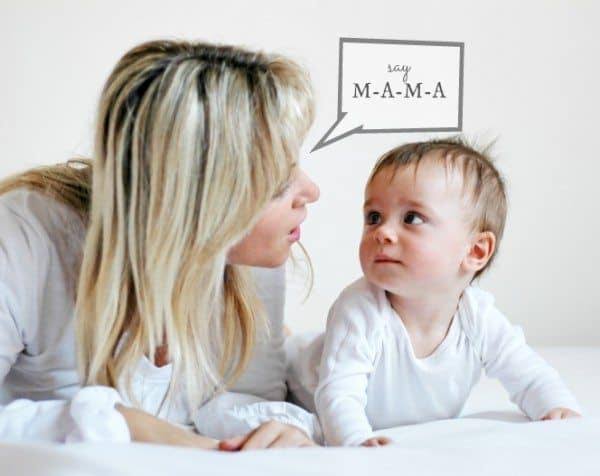
One of major step followed was to feed Gurbach Jadd/ Vasa Kommu/ Acorus Calamus for initiating good speech ability in a child. This stem was needed to babies on Tuesdays and Sundays in mother's milk.
Vasa is feed to baby after the 1st bath on 12th day in week. Weekly only thrice it is fed and named as :
Budhwar - Budhi Vasa
Mangalwar - Vaak Vasa
Ravi Vaar - Aayush Vasa
This stem is burnt and rubbed against the grinding stone in mother's milk or warm water to get a paste

The procedure to make it is in the link
https://t.co/uo4sGp7mUm
It should not be given daily to the child. Other main benefits are
1. It clears the phlegm in child's throat caused due to continuous milk intake. It clears the tracts and breathing is effortless.
2. Digestion
For children who haven't got their speech and is delayed than usual should feed this vasa on these days in week atleast for 6months. Don't get carried away with this dialogue
"Some gain speech little late"

